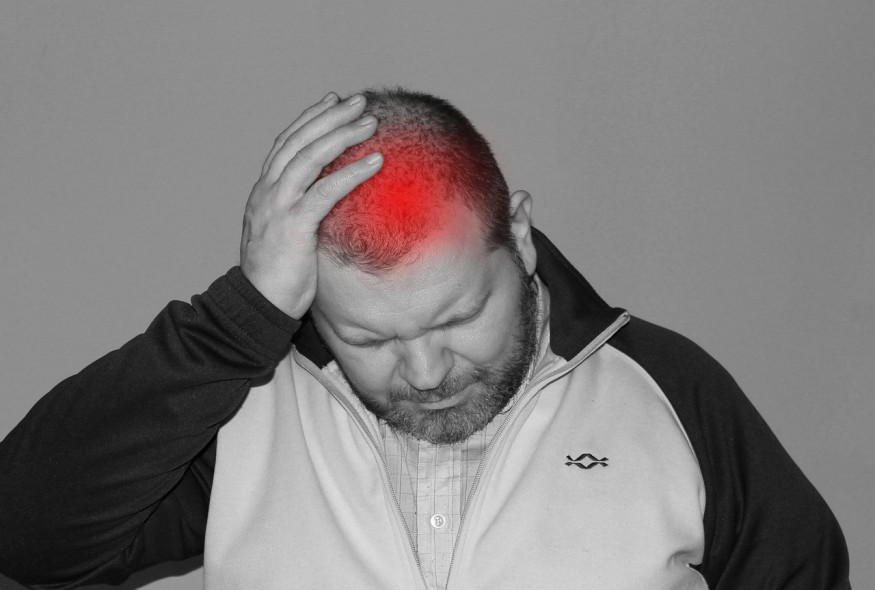
Researchers have looked into the possible connection between migraine attacks and sleep quality, mood quality, and energy levels. They found that roughly poor sleep quality at night increased the chances of a migraine attack happening by 22%.
Migraines
Migraines are headaches that can lead to a pulsing sensation or severe throbbing pain. They usually affect one side of the head and is typically accompanied by extreme light and sound sensitivity, vomiting, and nausea.
Each year, millions of individuals are affected by migraine attacks. The American Migraine Foundation explains that roughly 37 million individuals have these disruptive headaches.
These attacks can be debilitating for those who experience them. Oftentimes, there are triggers that can contribute to the occurrence of these headaches.
Poor Sleep Quality as a Key Migraine Trigger
In the new study "Association Between Electronic Diary-Rated Sleep, Mood, Energy, and Stress With Incident Headache in a Community-Based Sample," researchers wanted to look into possible triggers of migraines. Study participants were required to monitor various metrics on a daily basis. One of the study's key findings is that participants who perceived poor sleep quality at night had a 22% higher chance of getting a migraine the next morning.
The researchers wanted to know more about how to predict and possibly prevent migraine attacks from happening through electronic diaries or mobile phone apps.
There were 477 individuals who formed the study's participant pool. The youngest participant was 7 years old, while the oldest was 84 years old. There were a total of 186 male participants and 291 female participants.
Participants were tasked with reporting their emotional state in their electronic diary. These states include stress, mood, anxiety, and energy. The participants also had to report their perceived sleep duration and quality through mobile apps. They wore actigraphy monitors, which have a similar appearance to smartwatches and gauge activity such as sleep disruptions, sleep times, and wake-up times. According to the researchers, this enabled them to see the actual sleep time and quality of the participants as opposed to the participants' perception of their sleep.
Information was logged by the participants for two weeks. The researchers then conducted statistical analysis afterwards.
The results revealed a link between perceived quality of sleep and changes in energy, with a heightened migraine attack risk. Those who felt like they had poorer sleep quality had a 22% higher chance of having a migraine the next morning. However, this did not affect headache chances in the afternoon or evening.
There was also a discrepancy between actual and perceived sleep quality.
The researchers also observed that having low energy levels the day before boosted morning migraine attacks risks the next day by up to 16%. In contrast, those with higher energy levels who also experienced higher stress levels saw a 17% higher likelihood of having a migraine the next afternoon or evening.
Surprisingly, the specialists did not find any connection between a person's depression or anxiety symptoms and the likelihood of a migraine attack.
Generally, the researchers note that the findings offer more insight regarding how patterns of sleep and energy can be helpful in predicting migraines and contributing to prevention. Monitoring the patterns could offer people with migraine history the ability to boost condition management and self-awareness.
Kathleen Merikangas, PhD, an author of the study and investigator of the National Institutes of Health, also notes that the study stresses the role of the circadian rhythm when it comes to headaches.
RELATED ARTICLE: Headache in Forehead: Symptoms, Causes, Prevention
Check out more news and information on Medicine & Health in Science Times.
© 2026 ScienceTimes.com All rights reserved. Do not reproduce without permission. The window to the world of Science Times.












